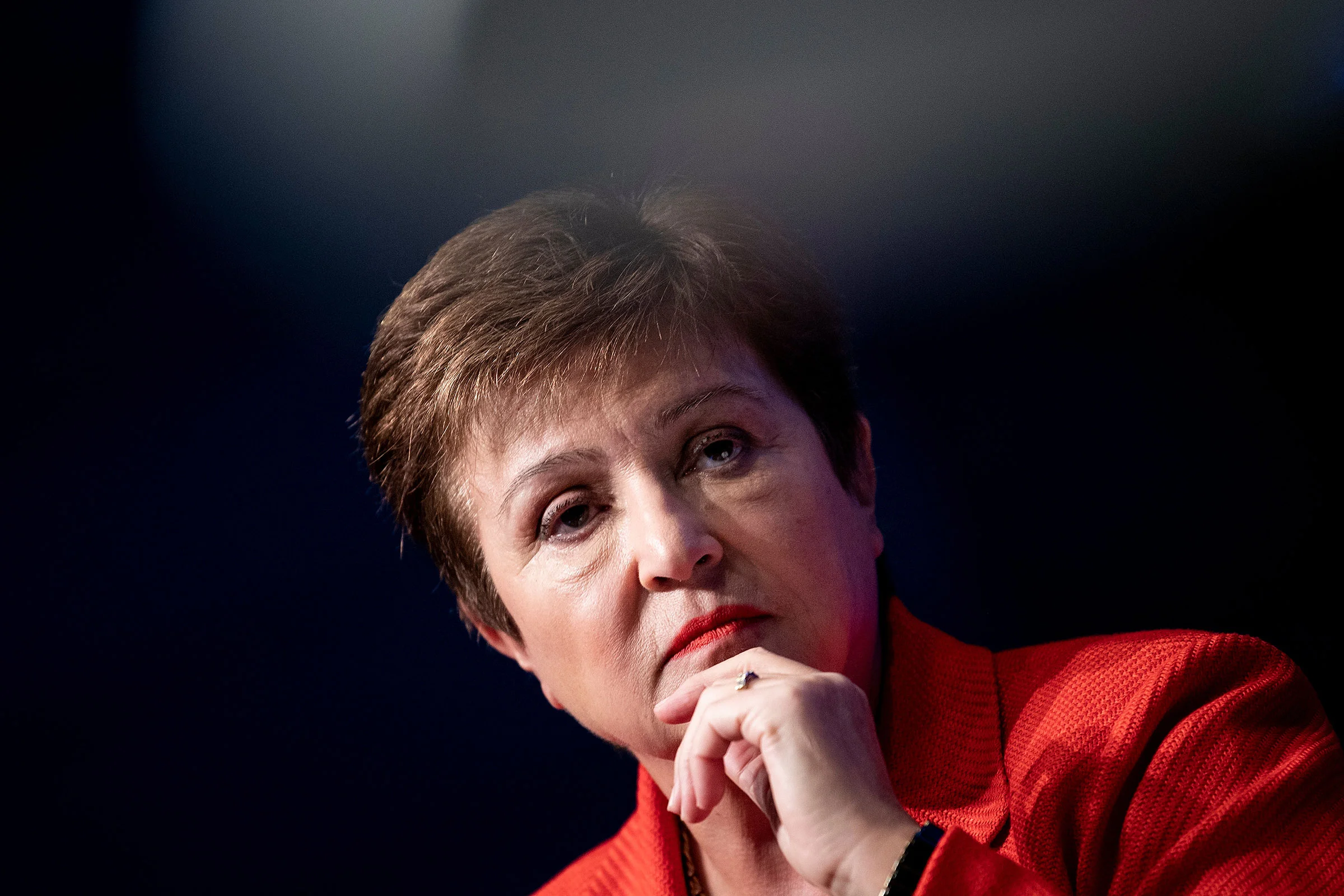Kristalina Georgieva, the head of the International Monetary Fund, stated on Friday that debtors and creditors made “tangible progress” this week on debt restructuring difficulties, but urged nations with rising debt issues to seek assistance sooner in the process.
Georgieva stated at a news conference held during the IMF and World Bank spring meetings in Washington that a new roundtable on sovereign debt was assisting in the acceleration of work on debt restructurings. She claimed that this week’s discussions had led to a shared understanding of the potential contribution that multilateral development banks could make by generating positive net flows for underdeveloped nations.
However, before a comprehensive restructuring was necessary, she advised governments that were close to entering a state of debt distress and their creditors to proceed with recalibrating debt levels.
Georgieva said: “I sincerely believe that we would take proactive measures to reduce the necessity (for) restructuring by reprofiling debt early, by providing financial support to countries so they may pick up economic activities… and avoid a more significant debt restructuring process.
“Of course, we need to be ready in case the world’s situation deteriorate. Imagine the strain on these nations growing as financial conditions become even tighter, she continued. Please take action now before it gets worse.
Georgieva stated that in order to prevent reaching the point when debt restructuring was necessary, the IMF would continue to collaborate closely with the 20 heavily indebted African nations.
The week’s sessions, according to Spanish Economy Minister Nadia Calvino, chair of the International Monetary and Financial Committee (IMFC), the IMF’s steering committee, were “particularly productive” in terms of debt.
Participants in the Debt Roundtable, including representatives of the creditor and borrowing countries, the private sector, and international financial institutions, will meet again in mid-May for a workshop to explore how various creditors are handled in restructuring cases.
China, the largest sovereign creditor in the world, has been extremely concerned about this and has refused to tolerate loan losses unless multilateral development banks and creditors in the private sector also contribute to the weight.

